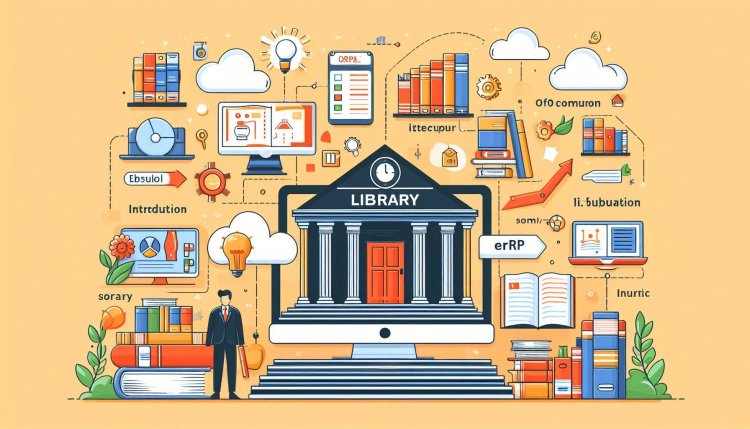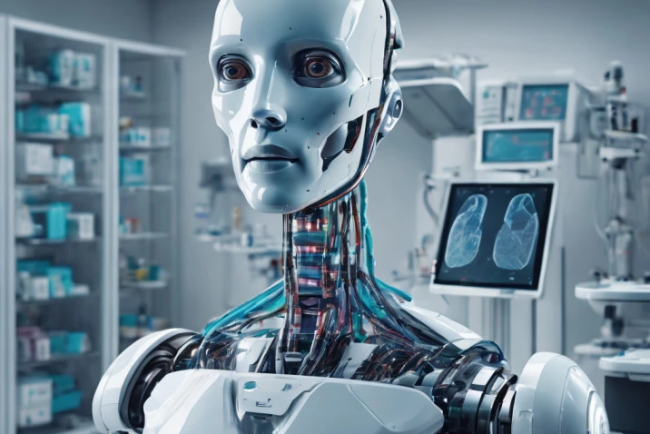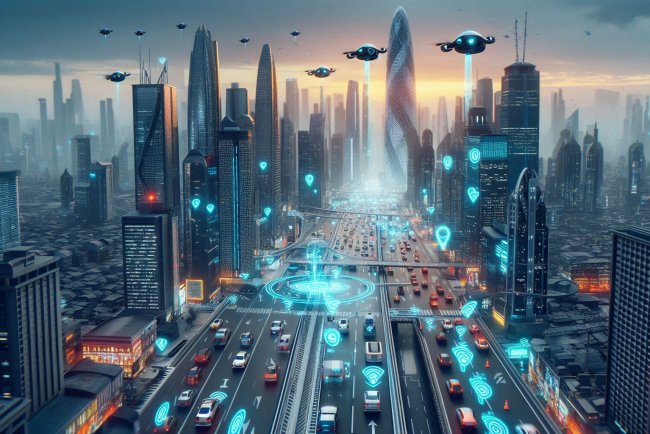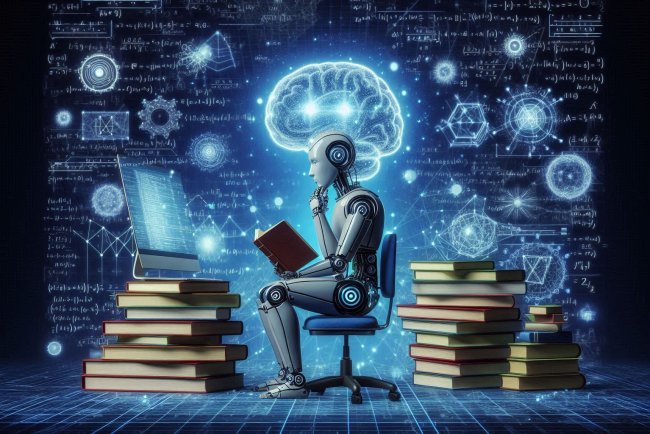Impact of AI on the job market
Discover how artificial intelligence is reshaping the job market with new opportunities and challenges. Explore the impact of AI on employment trends.

Impact of AI on the Job Market
Artificial Intelligence (AI) is revolutionizing the job market in various ways. While AI has the potential to create new job opportunities and increase productivity, it also poses challenges for workers in certain industries. Here are some key impacts of AI on the job market:
1. Automation of Routine Tasks
One of the most significant impacts of AI on the job market is the automation of routine tasks. AI technology can perform repetitive tasks more efficiently and accurately than humans, leading to the elimination of certain jobs. Jobs that involve manual data entry, basic data analysis, and other repetitive tasks are at risk of being automated by AI systems.
2. Creation of New Job Roles
While AI may eliminate some jobs, it also creates new job roles that require human skills such as creativity, problem-solving, and emotional intelligence. AI systems need to be developed, maintained, and improved by human workers. As a result, there is a growing demand for professionals with AI-related skills, such as data scientists, machine learning engineers, and AI ethicists.
3. Increased Productivity and Efficiency
AI technology has the potential to increase productivity and efficiency in various industries. By automating routine tasks and providing insights from large datasets, AI systems can help businesses operate more efficiently and make better decisions. This can lead to the creation of new job opportunities in areas that benefit from AI-driven innovation.
4. Displacement of Workers in Certain Industries
AI technology is likely to displace workers in certain industries where tasks can be easily automated. For example, jobs in manufacturing, customer service, and transportation are at risk of being replaced by AI systems. Workers in these industries may need to acquire new skills or transition to other roles to remain competitive in the job market.
5. Need for Reskilling and Upskilling
As the job market evolves due to the impact of AI, there is a growing need for reskilling and upskilling programs to help workers adapt to the changing landscape. Workers who learn new skills related to AI, data analysis, and other emerging technologies are more likely to remain employable and secure job opportunities in the future.
6. Ethical and Regulatory Challenges
The rise of AI in the job market also raises ethical and regulatory challenges. Issues such as bias in AI algorithms, data privacy concerns, and the impact of automation on workers' rights need to be addressed to ensure a fair and inclusive job market. Governments, businesses, and industry stakeholders must work together to establish guidelines and regulations that protect workers' rights in the age of AI.
7. Shift in Job Requirements
The integration of AI technology into various industries is leading to a shift in job requirements. Employers are increasingly seeking candidates with a combination of technical skills and human skills, such as critical thinking, communication, and adaptability. Workers who can demonstrate a mix of technical expertise and soft skills are likely to have a competitive edge in the job market.
8. Potential for Job Displacement in the Future
While AI has the potential to create new job opportunities and drive economic growth, there is also concern about the potential for widespread job displacement in the future. As AI technology continues to advance, more jobs across various industries may be at risk of automation, leading to a shift in the job market landscape.
Conclusion
AI is transforming the job market in profound ways, creating both opportunities and challenges for workers. While AI has the potential to increase productivity, drive innovation, and create new job roles, it also poses risks for workers in industries that are susceptible to automation. To navigate the changing job market landscape, workers need to adapt to new technologies, acquire relevant skills, and stay informed about the impact of AI on their industries.
What's Your Reaction?

















